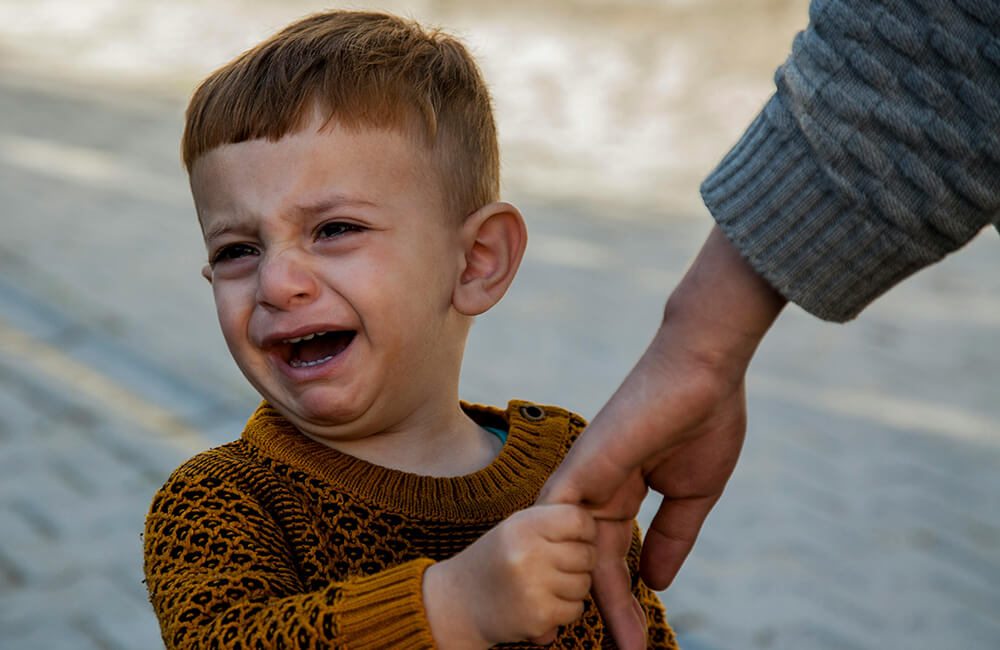There are many different ways to explain divorce, a major life transition, to young children. Although there is no exact or perfect way to process divorce with children, there are some general guidelines that counselors, family lawyers, and advocates recommend that are in the best interest of children. Being in agreement on what to say (choice of words) and when to say it, avoiding blame and judgement, and responding appropriately and in unison to children’s questions and concerns are key factors in collaborative explanations. I usually recommend that parents jointly share the news and answer the questions, so that the child receives the same message, which reduces confusion and anxiety. There are many typical questions that children ask about divorce and their changing life situation (which can be found at the end of Family Changes: Explaining Divorce to Children), and parents should discuss and agree on their joint responses prior to answering the child’s questions. I was interviewed by Book Marketing Buzz Blog, in which I was asked some very important and thought provoking questions regarding the process of how to best explain divorce to children. This interview made me realize again, how necessary it is for parents to continue to co-parent together in the best interest of the child. Collaborative explanations of divorce to young children can buffer anxiety, confusion, and loss, and can increase adaptation and resiliency in children.
